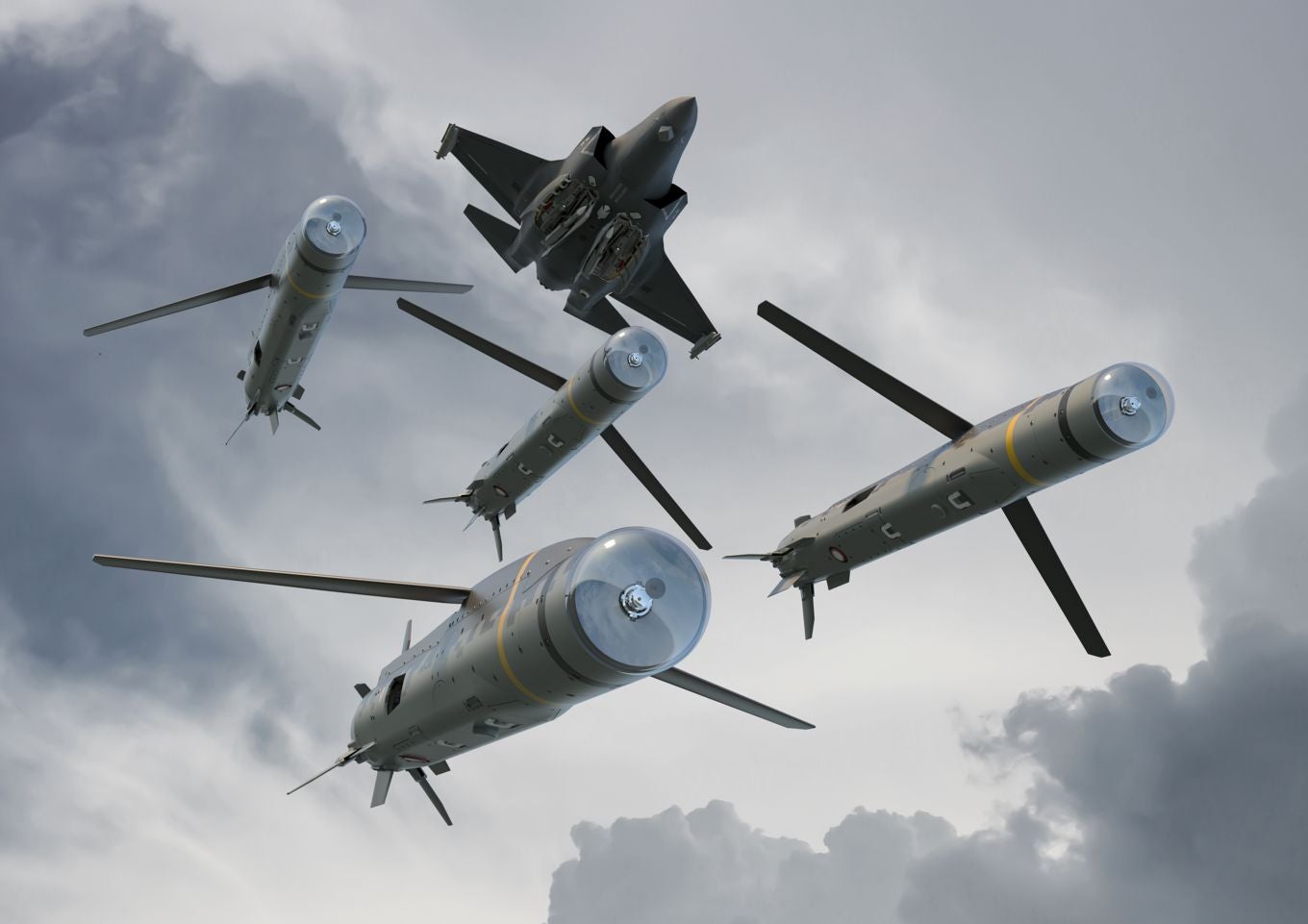
The UK Ministry of Defence (MoD) has granted $4.8m (£3.5m) to scientists of Defence Science Technology Laboratory (Dstl) for the development of smarter missile systems.
The new grant will support Dstl’s Co-operative Strike Weapons Technology Demonstrator (CSWTD) project.
The Dstl-led project will explore how inter-missile communication can allow the weapons systems to jointly work. It also explores ways to enhance the performance of current systems.
UK Defence Procurement Minister Jeremy Quin said: “Drawing on the vital expertise of our Dstl scientists, innovative new missile systems will enhance our current capabilities as Defence adapts to meet future threats.
“With an investment into research and development, this project highlights the central role science and technology plays in informing how our assets operate.”
The funding forms part of a broader $9.1bn (£6.6bn) investment in defence research and development. It is expected to support the delivery of future cooperative missiles, including hardware and software.
The investment also provides systems studies informing the use of cooperative missiles in operational cases.
Work on the project first started in April this year and is expected to continue over the next two years.
Currently, Dstl scientists are working with industry partner and French missiles manufacturer MBDA to assess different military tactics and scenarios.
Demonstrations are expected to be conducted throughout the project life, with the technology potentially integrated with UK platforms within five years.
Dstl Scientist Charlie said: “Currently missiles can communicate with the launch platform but not each other.
“The aim of this programme is to investigate how inter-missile communication and cooperative behaviours can be technically achieved to solve UK military challenges.”



